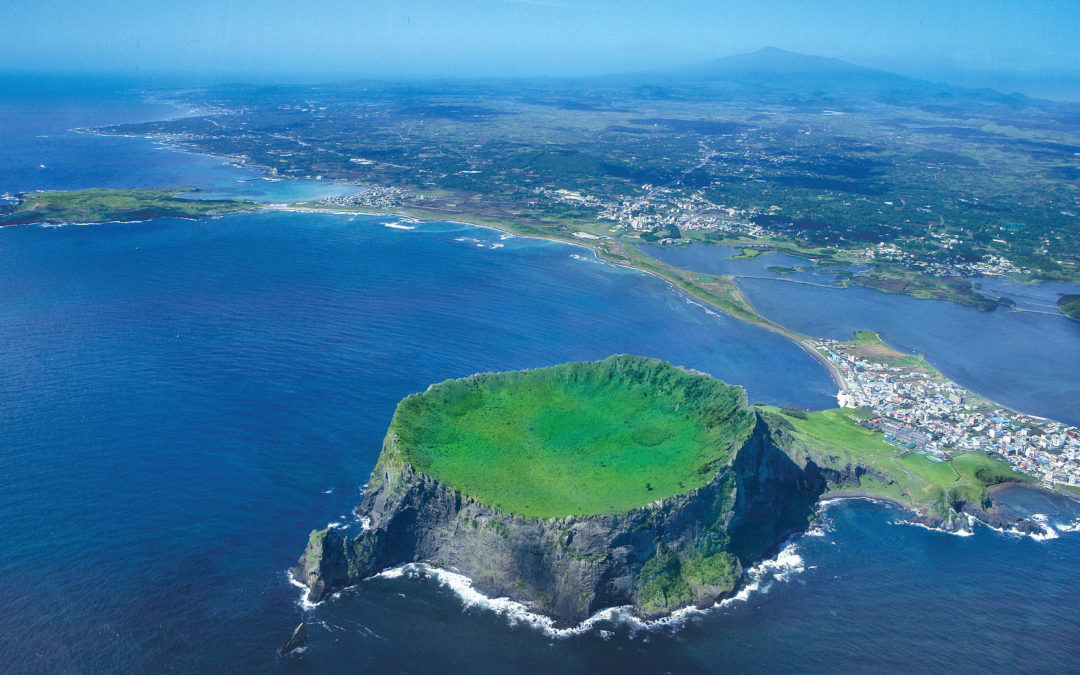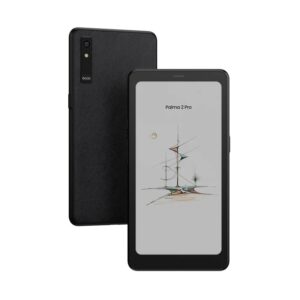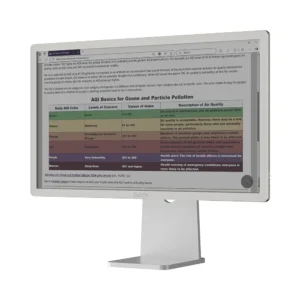Me and my wife had a short 5 days 4 night holiday trip to Jeju Island, South Korea last month. It was an unforgettable experience.
We couldn’t speak a word of Korean language, and the Koreans we met couldn’t speak either speak English or Chinese, and yet, we still managed to go everywhere that we wanted and did the sightseeing. We didn’t engage a local guide and we didn’t ask for directions from the locals.
All these were possible, thanks to the ubiquitous of the Internet connection.
When we were dealing with our Airbnb host, we communicated via Google Translate. It’s an exhilarating experience to type out your conversation in English and let Google Translate translate it to Korean, and seeing your host doing the exact opposite.
At times when Google Translate was just too cumbersome, we just used hands and gestures to communicate. All the prices in the restaurants and tourist locations were printed, so we could just point to the items that we wanted. Because of the huge influx of mainland China tourists, a lot of the restaurants now have menus with Chinese words and waitresses who could speak Chinese, so it was very convenient for us.
Speaking of accommodation, we were grateful to be able to stay with a helpful host, who sort of anticipated our needs and helped us in everywhere possible. Although couldn’t really speak English, he really had the our best interests in heart. For instance, when he saw that we wanted to dry our cloths, he lent us the dryer rack. When we wanted to go sightseeing, he lent us umbrellas because “weather forecast indicated possible rains and storms”. When he learnt that we wanted to hire a car to go around, he even drove us to a rented car service so that we could pick up the car ( the distance is not near).
Staying at his place reminded me of what homestay was really like. Before Airbnb became a business, the default go to place for travelers, homestay used to carry a more home-like feeling. You lodge at someone’s place, and you get to meet the owner, and as you talk to him and you sort of blend into his life. That feeling was lost when Airbnb became a profitable business; in many places, Airbnb is just chain hotels in disguise. But staying at his place gave me the feeling that I was really back for the real homestay experience, once more.
If you wanted to stay in Jeju, I can definitely recommend him.
Our lodging was located near seaside. The house was built with wood. Under the evening sunlight, it radiated a feeling of Dutch architecture style.
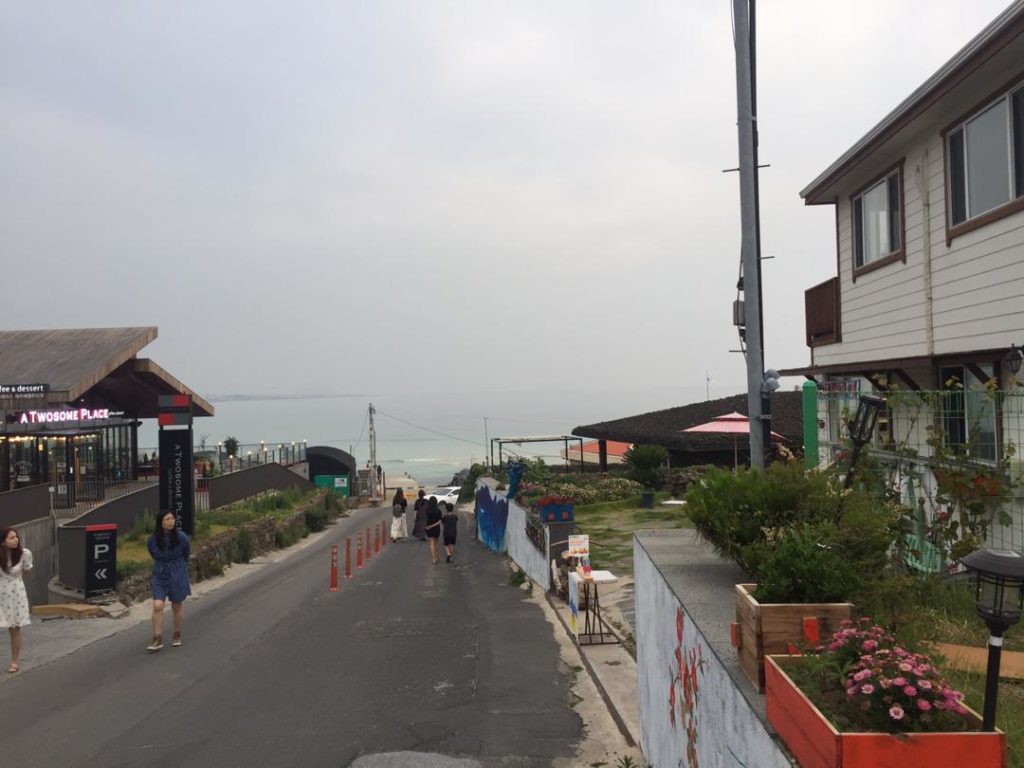
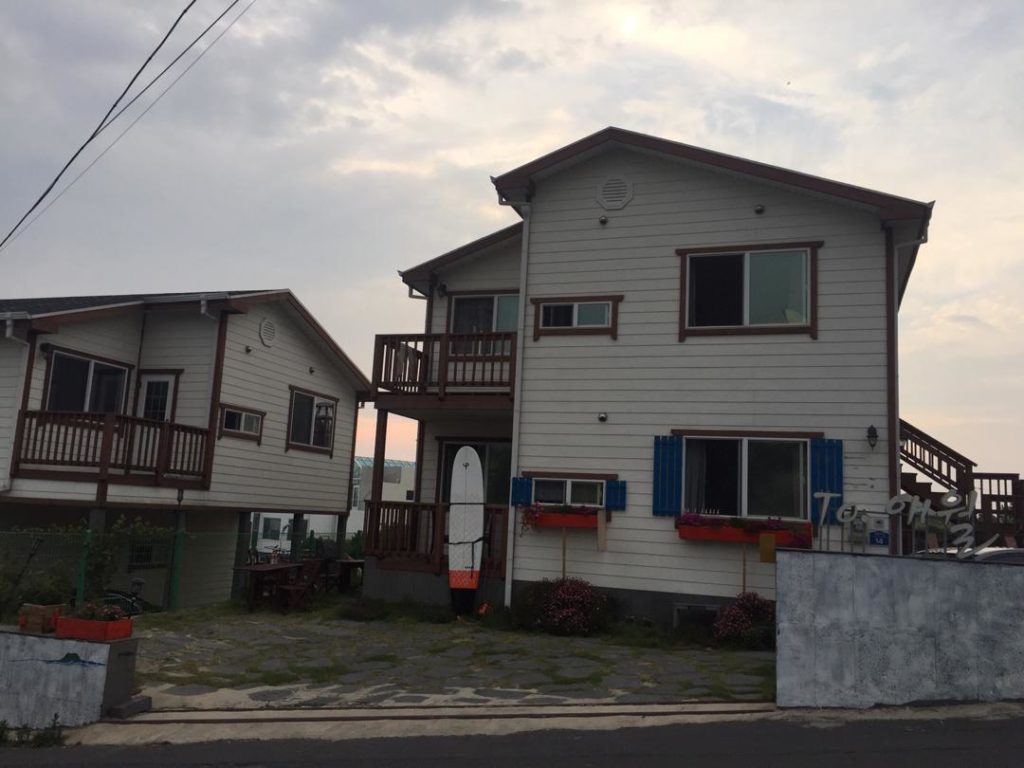
The sea view at our lodging place was nothing short of amazing:
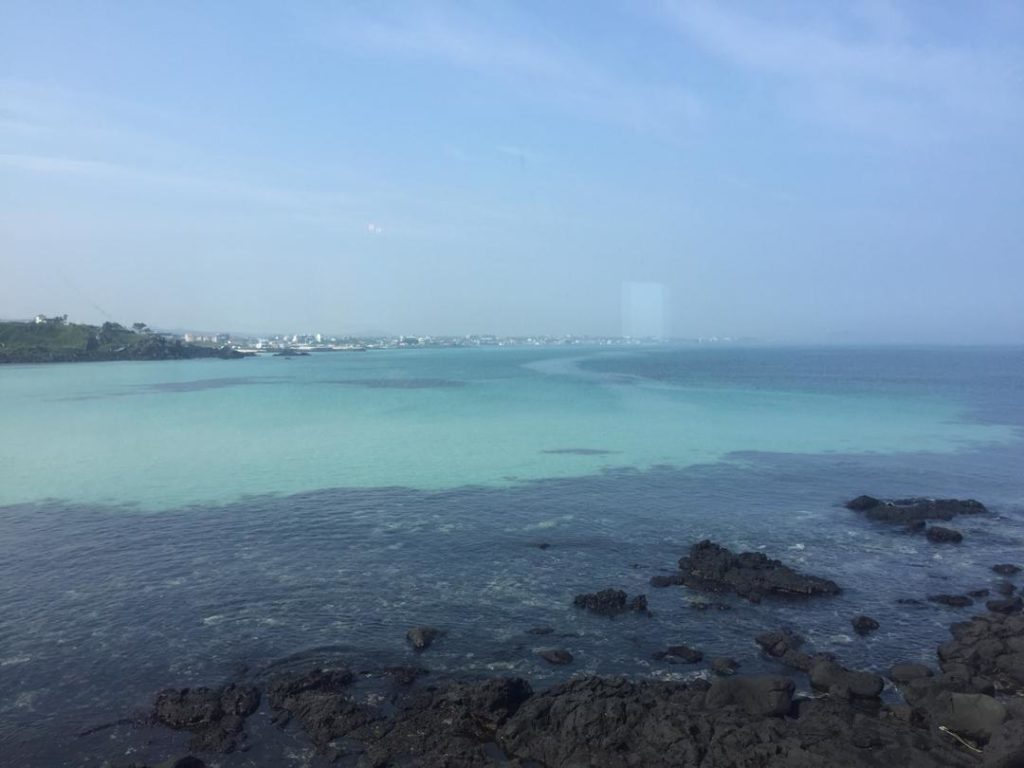
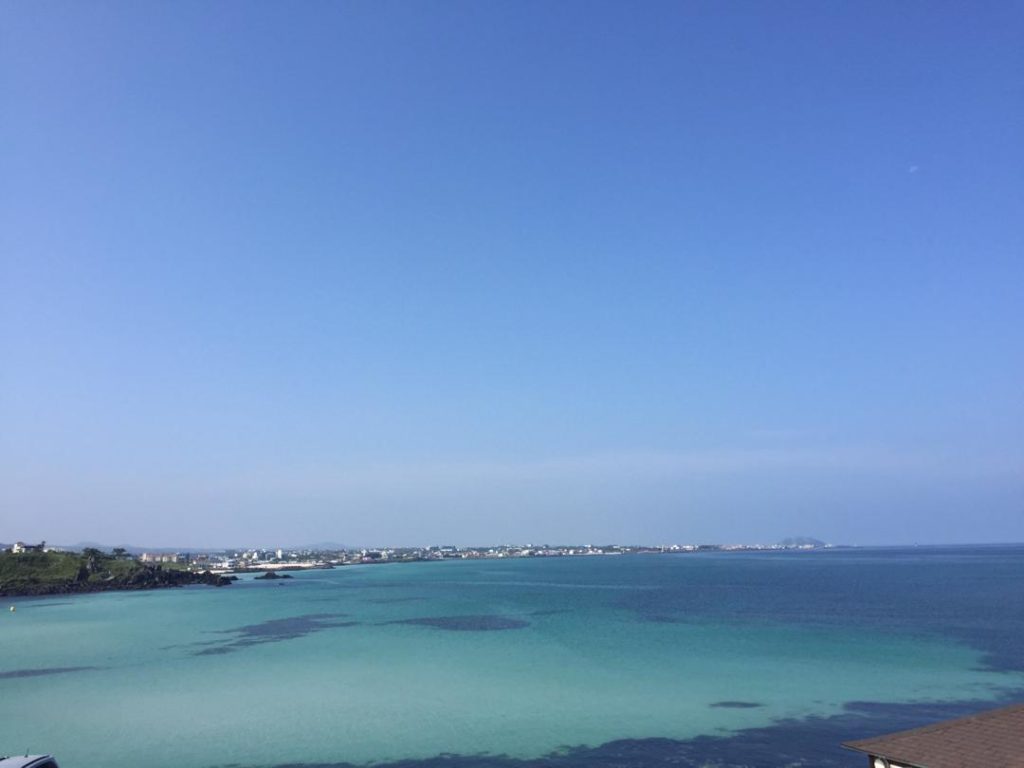
It was a magnificent place!
One of the main tourist attraction is the ‘Sunrise Peak’, Seongsan Ilchulbong, a panoramic tuff cone that resembles a gigantic ancient castle.
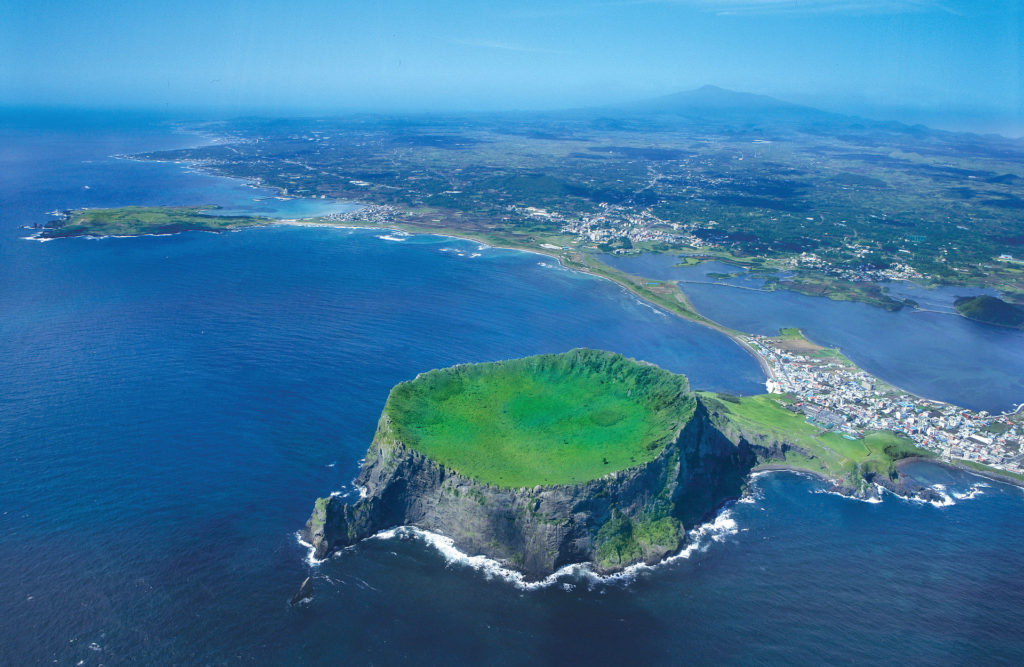
Climbing to the top requires some 20 minutes of walking up to stairs, it might not be for everyone, but the view is definitely worth it
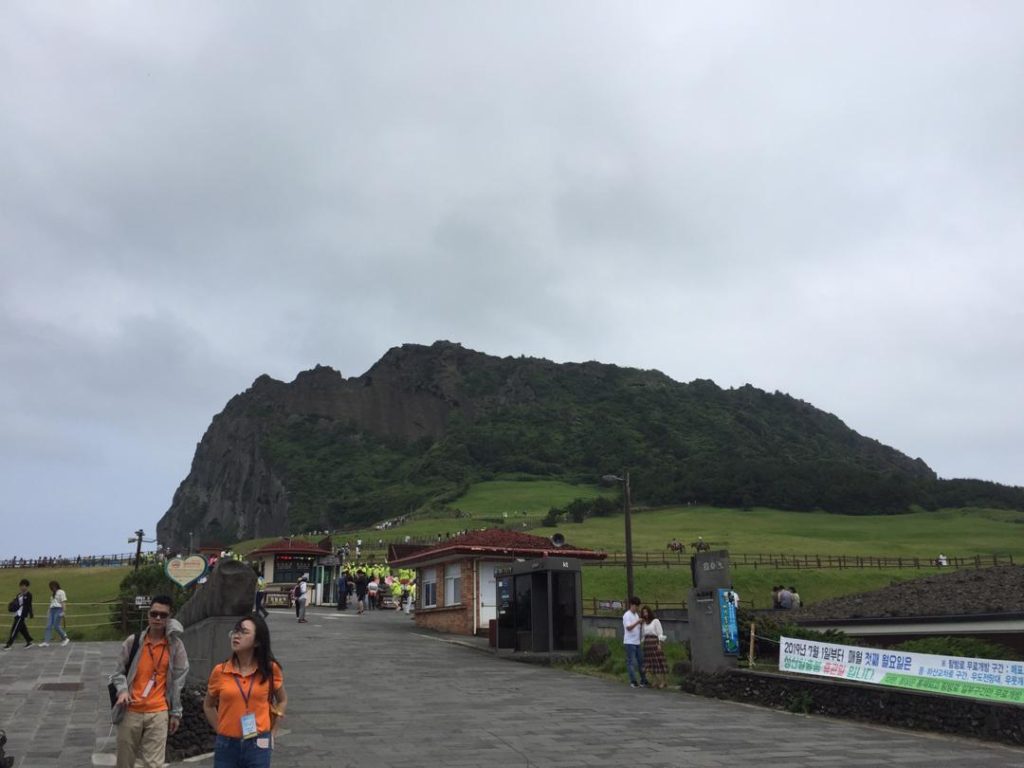
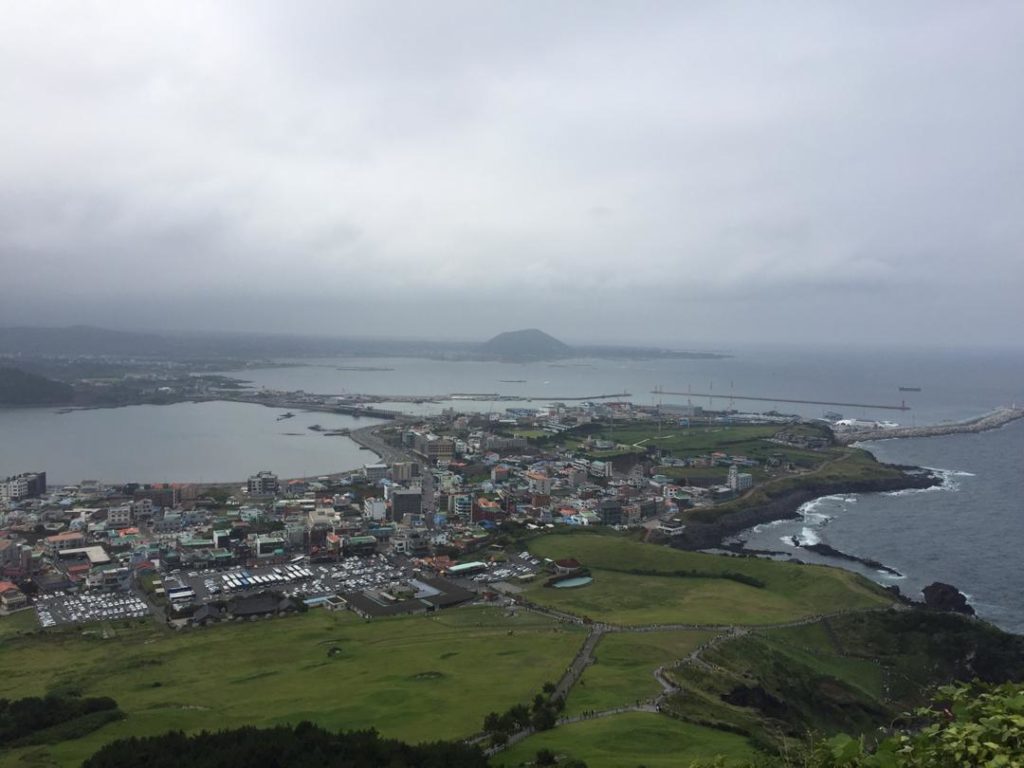
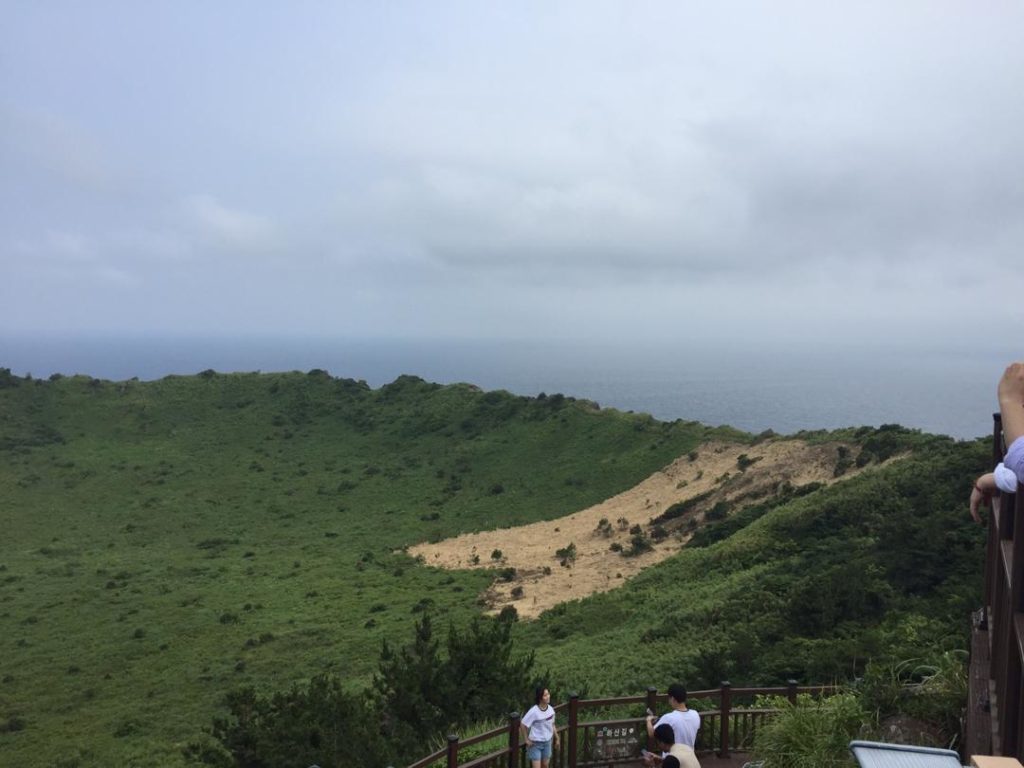
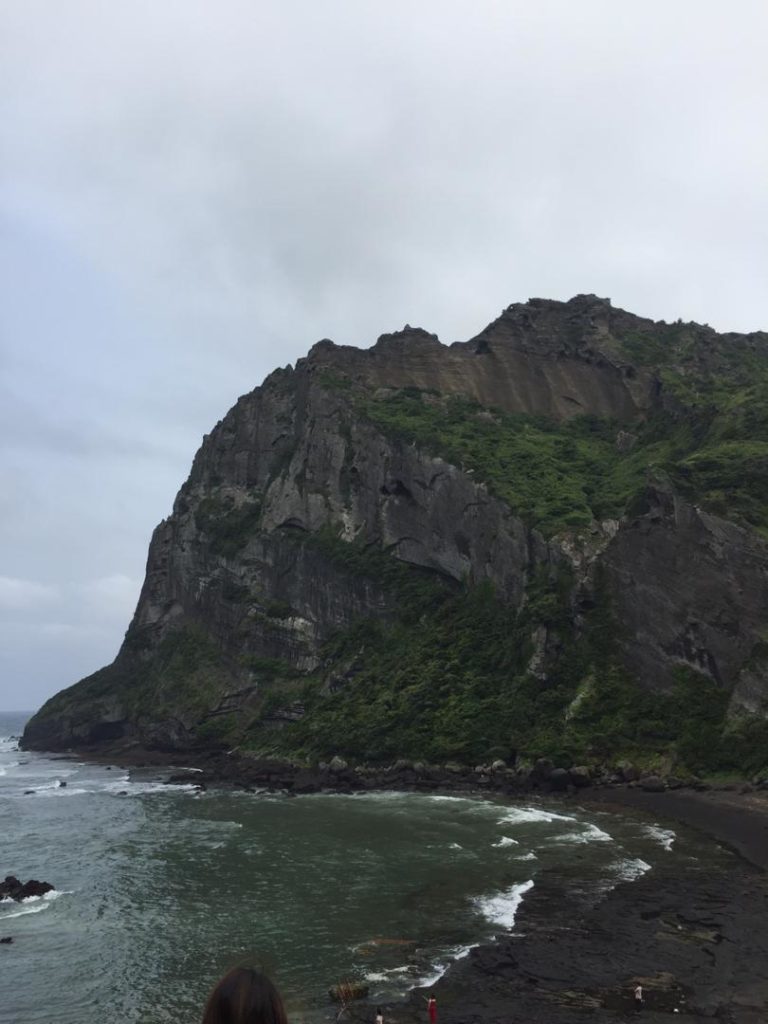
And there is this little island with the circumference of 17km, that resembles a cow head, called Udo Island, which I got to meet my transformer friends, including Bumblebee.
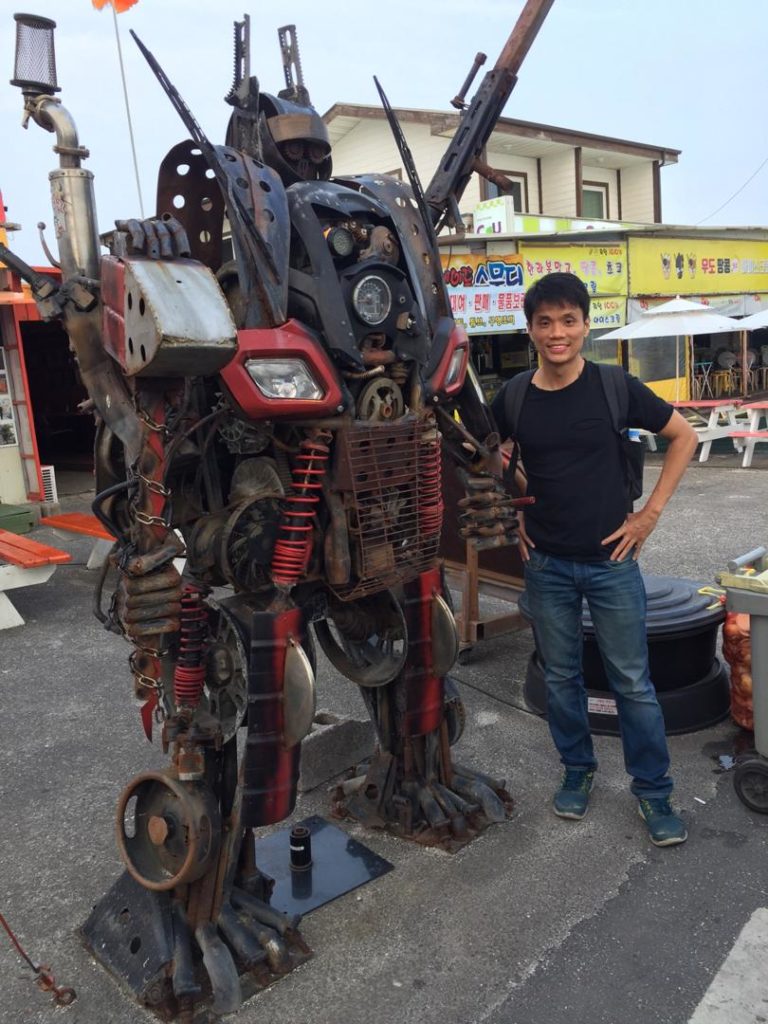
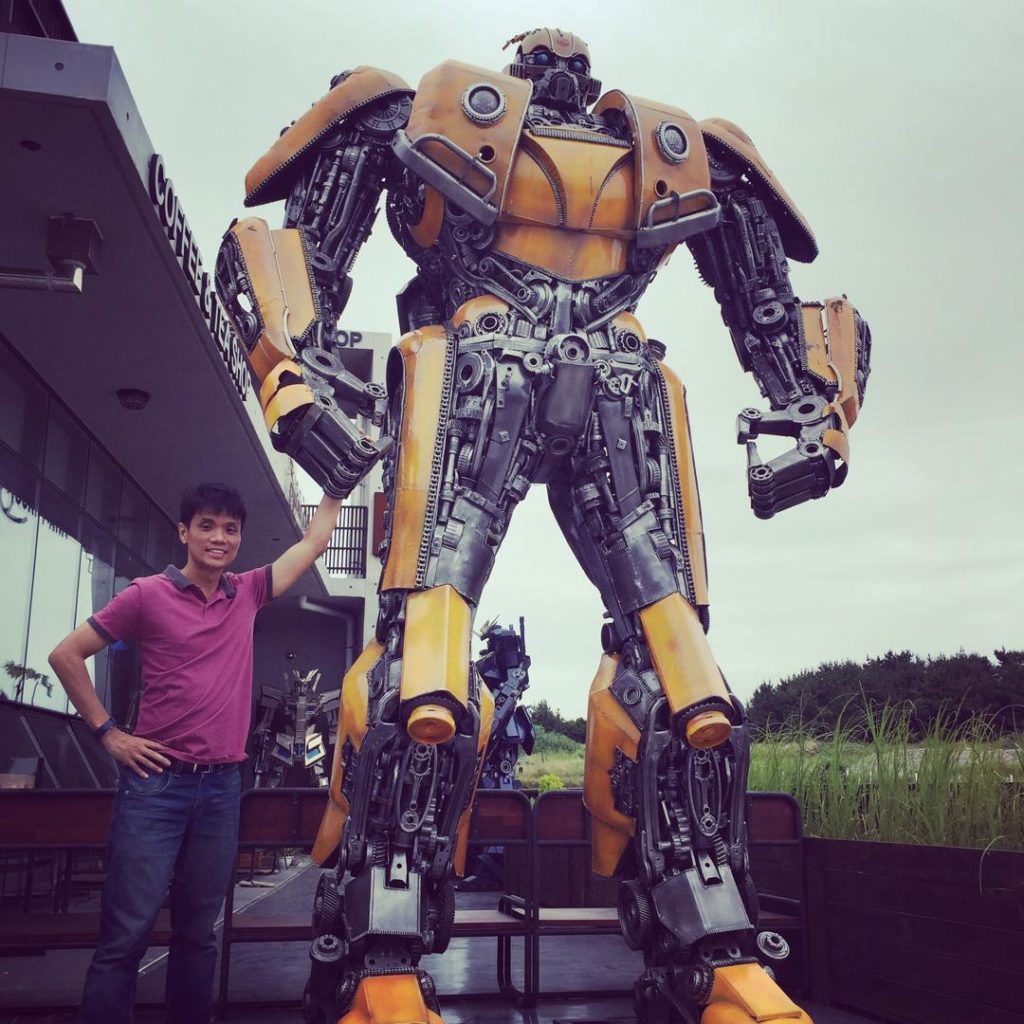
Jeju is very beautiful, but it’s also very big. You will definitely need a car to go around, as it takes on average 30 minutes to go from one place to another.
It’s also a place to relax and read! I managed to finish the this book “My Life as a Quant” during the trip, despite spending all of my days sightseeing!

The review of this book is the content for another post 🙂

